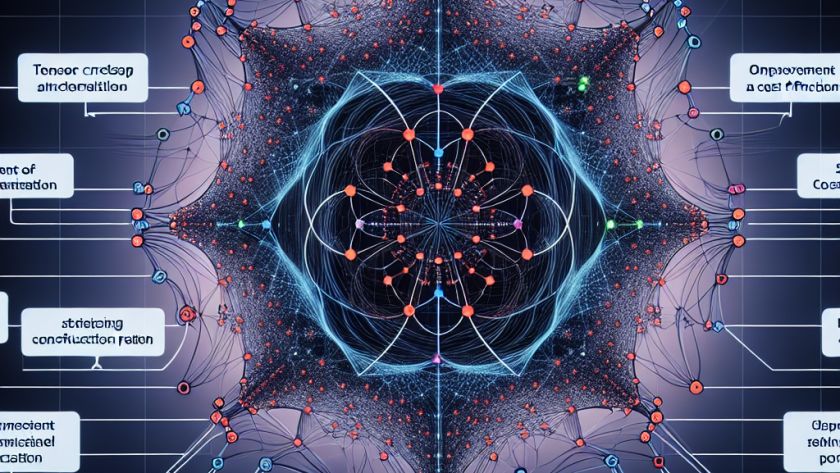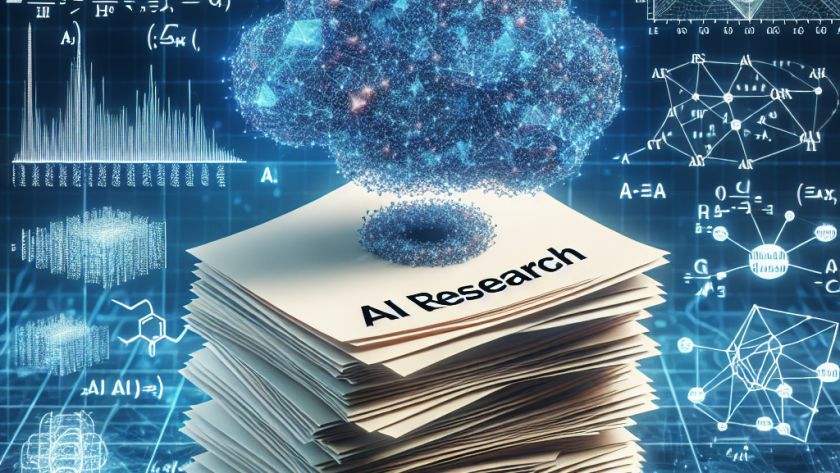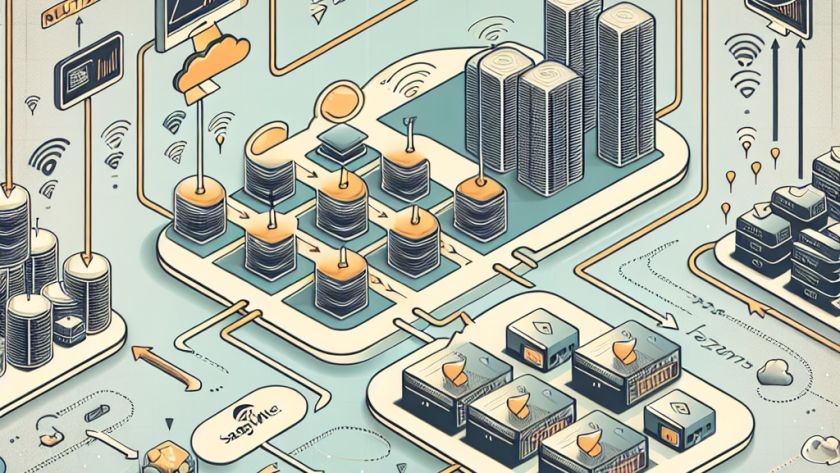



Researchers from MIT and other institutions have developed a method that enables a chatbot to carry on unbroken conversation without crashing or losing performance. This method, named StreamingLLM, involves a tweak to the key-value cache, a form of "conversation memory", that helps AI operate. The team found when the cache became too full, the first…

MIT researchers have created a secure and portable ID tag, utilizing terahertz waves, a technology considered superior compared to traditional RFIDs due to the improved security it offers. The team has bypassed the significant vulnerability of both RFID and terahertz tags, where a counterfeiter can remove the tag from an original item and transfer it…

A team of researchers has developed a new method for improving tensor contraction paths (CPs), which are used to solve problems across numerous areas of research, including machine learning, graph problems, quantum circuits, and model counting. Their technique improves upon the standard greedy algorithm (SGA), incorporating an enhanced cost function that covers a larger range…

Reinforcement learning (RL) is a method of machine learning where agents are trained to make decisions by interacting with their environment. This interaction involves taking action and receiving feedback via rewards or penalties. RL has been crucial in developing complex technologies such as advanced robotics, autonomous vehicles, and strategic game-playing mechanisms and has been instrumental…

Python programming, with its vast number of libraries, is a flexible and powerful tool for programmers. However, a gap in the Python ecosystem has been identified: the lack of no-code studios for developing web front-ends. A handful of low-code tools have been available, such as Streamlit, Taipy, and Gradio, but none have fully automated this…

Generative AI models such as Large Language Models (LLMs) have proliferated over various industries, advancing the future of programming. Historically, the field of programming has been primarily governed by symbolic coding that unites traditional symbolic code and neural networks to solve specific tasks. Symbolic programming's backlash, however is that it often requires developers to manually…

In 2019 Haofeng "Hector" Xu, having a background in aerospace engineering and presently pursuing a PhD in MIT’s Department of Aeronautics and Astronautics, started learning to fly helicopters. The experience, fraught with risk, led him to consider how helicopter flight could be made safer. In 2021 Xu founded Rotor Technologies, an autonomous helicopter company focused…

Researchers from MIT and other institutions have discovered the key to why AI chatbot conversations can break down and developed a solution that enables continuous dialogue. The issue lies in the chatbot's key-value cache (akin to a conversational memory). In some models, earlier data points are discarded when the cache reaches its limit, causing the…

The MIT Morningside Academy for Design (MAD) unveiled the 2024 Design Fellows at an event held at the MIT Museum on May 1, 2024. The Academy has continually supported MIT graduate students since its inception in 2022 by providing them with a fellowship enabling the pursuit of design research and projects, along with community-building. Interns…

